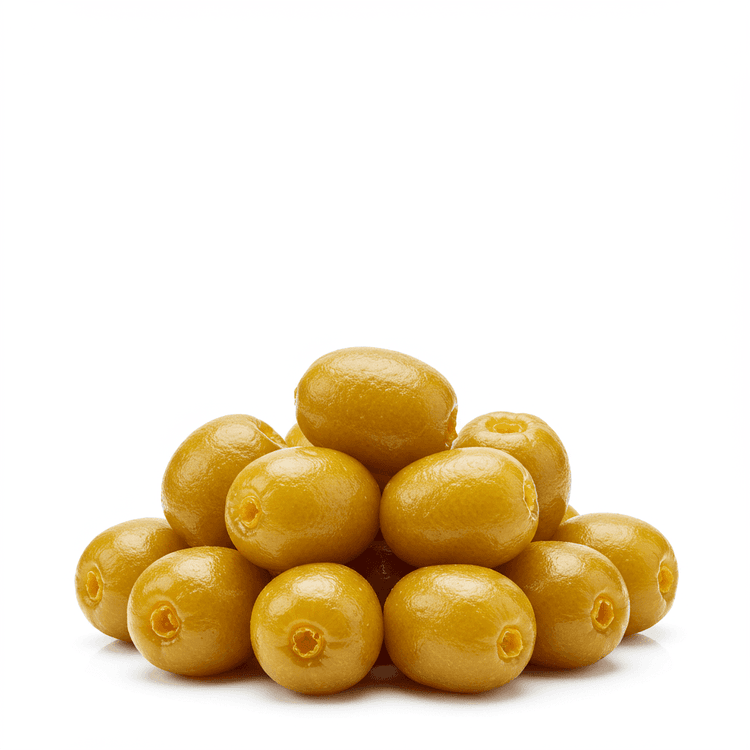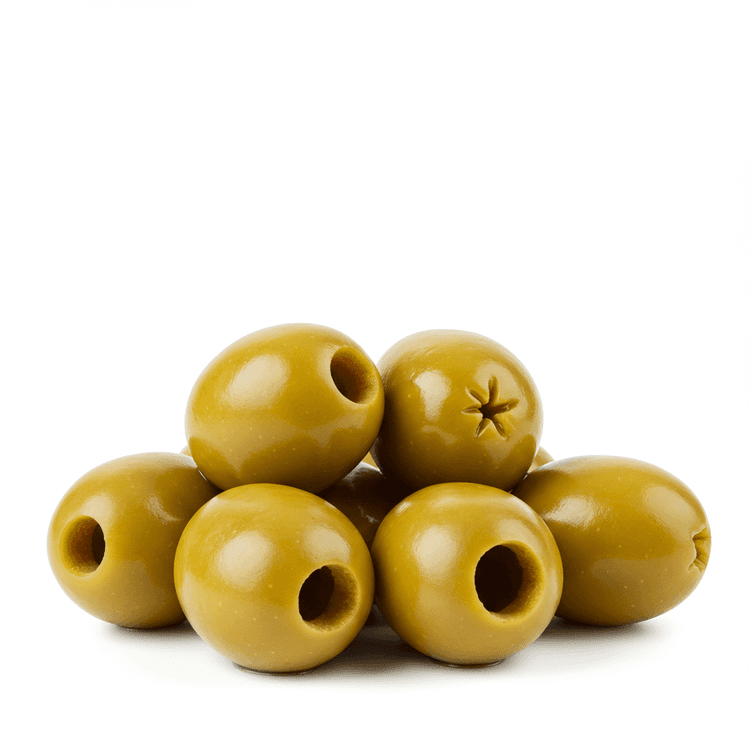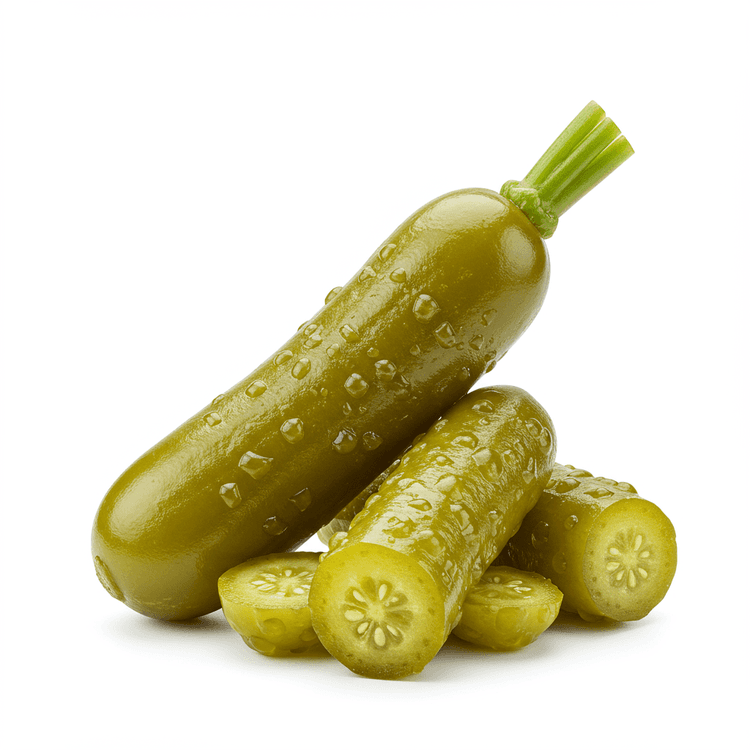
Pickled Vegetable Generic Name: Vegetable
Pickled vegetables are vegetables that have been preserved in a brine, vinegar, or other solution and left to ferment for a period of time, either by immersion in the solution or by adding salt. This process results in a tangy, often sour flavor and a crisp, firm texture. Pickled vegetables come in a wide variety of shapes, sizes, and colors depending on the vegetable used and the pickling method. Common pickled vegetables include cucumbers (pickles), carrots, onions, peppers, beets, and asparagus. They offer a great way to preserve a harvest and add a flavorful, acidic element to meals.
Common Uses
- Serve as a flavorful and tangy side dish: Pickled vegetables are often enjoyed as a condiment or side, offering a refreshing contrast to richer, heavier foods, or a spicy counterpoint to mild flavors.
- Add a crunchy and acidic element to sandwiches and burgers: The crisp texture and sour taste of pickled vegetables can elevate sandwiches and burgers, providing a complementary bite.
- Incorporate into salads for added texture and flavor: Finely chopped or sliced pickled vegetables contribute a unique burst of acidity and crunch to salads, balancing out other ingredients.
- Use in charcuterie boards and appetizer platters: A selection of pickled vegetables is a welcome addition to charcuterie boards, providing a savory and palate-cleansing element alongside cheeses, meats, and crackers.
- As part of fermented food recipes: Use pickled vegetables in recipes like kimchi, sauerkraut, or other fermented dishes. This boosts flavor and adds a beneficial probiotic element to the food.
- Use as a topping for tacos and other Mexican dishes: Top tacos, quesadillas or burritos with pickled onions, carrots or jalapeños to give dishes an additional kick of flavor and texture.
Nutrition (per serving)
Nutrition (per serving)
Calories
20.0kcal (1%)
Protein
0.6g (1.2%)
Carbs
4.0g (1.45%)
Sugars
1.9g (3.8%)
Healthy Fat
0.0g
Unhealthy Fat
0.0g
% Daily Value based on a 2000 calorie diet
Nutrition (per serving)
Calories
20.0kcal (1%)
Protein
0.6g (1.2%)
Carbs
4.0g (1.45%)
Sugars
1.9g (3.8%)
Healthy Fat
0.0g
Unhealthy Fat
0.0g
% Daily Value based on a 2000 calorie diet
Health Benefits
- Source of probiotics, promoting gut health and improved digestion.
- Rich in vitamins and minerals, contributing to overall well-being and immune support.
- Low in calories and fat, making it a healthy addition to a balanced diet.
- Contains antioxidants, which help protect cells from damage and reduce inflammation.
- May help regulate blood sugar levels due to the fermentation process.
- Can add variety and flavor to meals, encouraging a more diverse nutrient intake.
Substitutes
Chefadora AI is here.
Experience smarter, stress-free cooking.
Storage Tips
Pickled vegetables should be stored in a cool, dark place before opening. Once opened, always refrigerate them in their original brine to maintain their quality and prevent spoilage. Ensure the vegetables remain submerged in the liquid to prevent mold growth. Properly stored pickled vegetables can last for several months in the refrigerator, but always check for any signs of spoilage before consuming.
Marnirni-apinthi Building, Lot Fourteen,
North Terrace, Adelaide, South Australia, 5000
Australia



